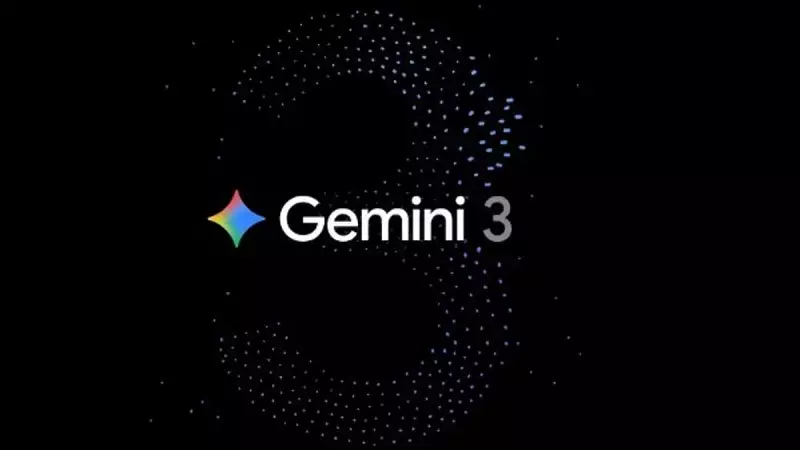
In a significant leap for artificial intelligence, Google has officially introduced its most powerful and intelligent model to date: Gemini 3. Announced by Alphabet and Google CEO Sundar Pichai, this new iteration represents the culmination of years of progressive development, combining all the capabilities of its predecessors into a single, formidable system.
The Evolutionary Journey of Gemini AI
The story of Gemini is one of constant and rapid advancement. The first generation, Gemini 1, was a trailblazer with its native multimodality. This meant it could inherently understand and process different types of information—like text, code, and images—simultaneously. It also featured a remarkably long context window, dramatically expanding the amount of data it could work with in a single instance.
Building on this foundation, Gemini 2 laid the crucial groundwork for agentic capabilities. This shift empowered the AI to take more proactive steps in completing complex tasks. Furthermore, this generation pushed the frontiers of reasoning and logical thinking, enabling it to assist users with more sophisticated ideas and multi-step problems. The excellence of this lineage was proven when Gemini 2.5 Pro led the LMArena benchmark for over six months, a testament to its superior performance.
Gemini 3: The Apex of Intelligent Systems
Now, Gemini 3 arrives as the synthesis of this entire evolutionary path. According to Sundar Pichai, it is their “most intelligent model” yet. The core achievement of Gemini 3 is its ability to seamlessly integrate all the breakthroughs from the previous versions. It combines native multimodality, extensive context handling, advanced reasoning, and agentic actions into a unified and powerful tool.
The ultimate promise of this integration is to provide users with an unprecedented level of creative and problem-solving support. The model is designed to understand, reason, and act in a way that helps bring any idea to life, no matter how complex or ambitious.
What This Means for the Future of AI
The introduction of Gemini 3 marks a pivotal moment in the AI landscape. By consolidating its most advanced features, Google is not just releasing another incremental update; it is launching a comprehensive intelligence engine. This development signals a move towards AI systems that are more holistic, capable, and intuitive partners in innovation.
For developers, businesses, and everyday users, this translates to more powerful applications, smarter assistants, and new possibilities that were previously out of reach. The launch of Gemini 3 firmly positions Google at the forefront of the global race to develop general and super-intelligent AI systems.





